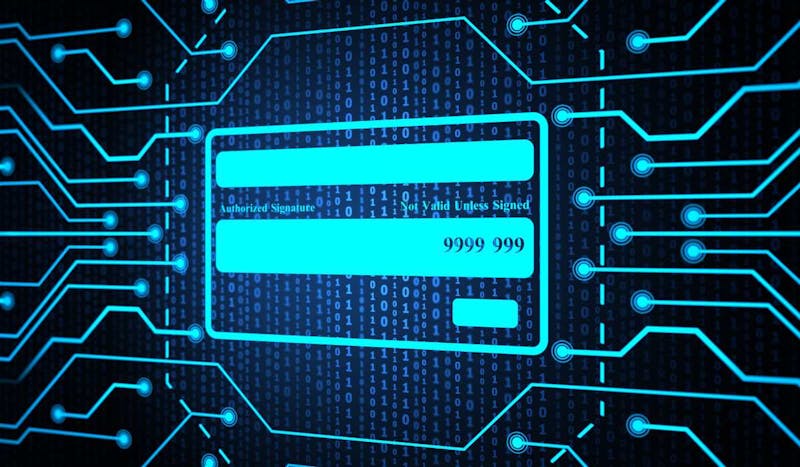Company Formation
View All
How to Register a Branch Office in Hong Kong

Vivian Au

Company Formation
The Complete Hong Kong Representative Office Registration Guide

Company Formation
How to Register a Sole Proprietorship in Hong Kong

Company Formation
Your Ultimate Guide to Hong Kong Business Registration Certificate
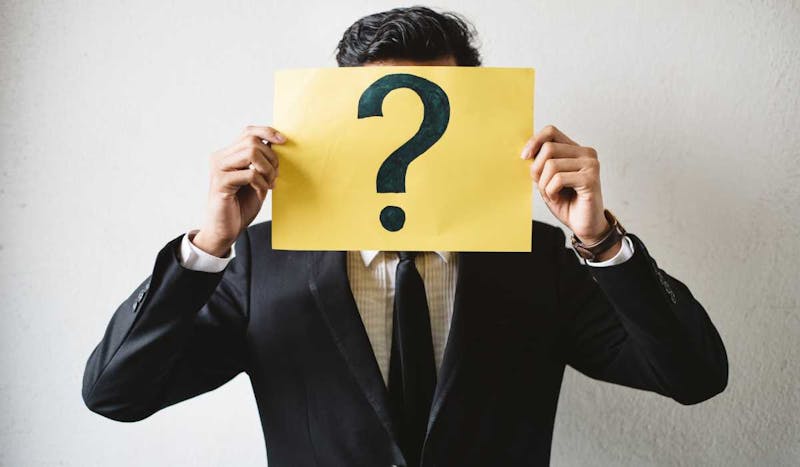
Company Formation
FAQs About Business Registration in Hong Kong

Company Formation
Hong Kong vs Singapore: Which Place Is Best for Businesses?
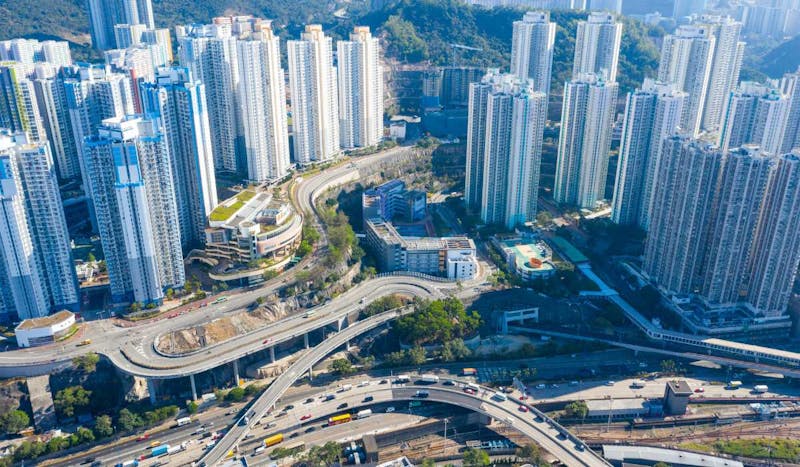
Company Formation
Pros and Cons of a Private Limited Company in Hong Kong

Company Formation
FAQs About Business Registration Certificates in Hong Kong
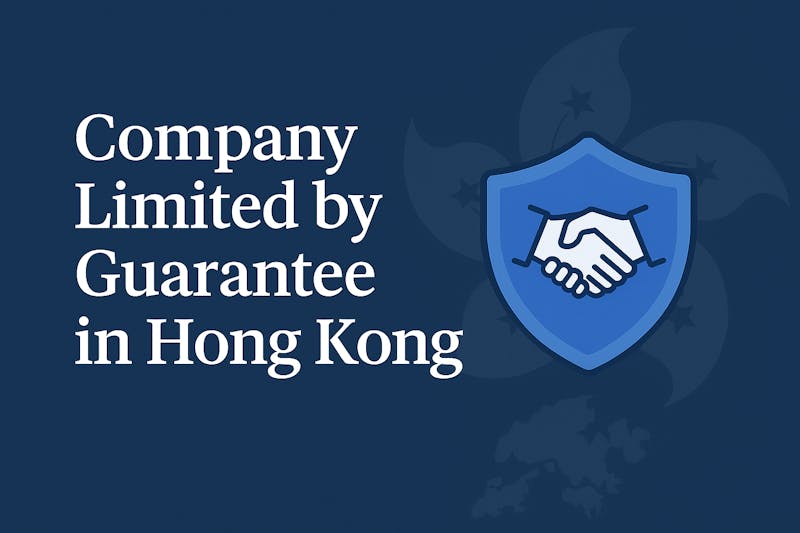
Company Formation
Company Limited by Guarantee in Hong Kong
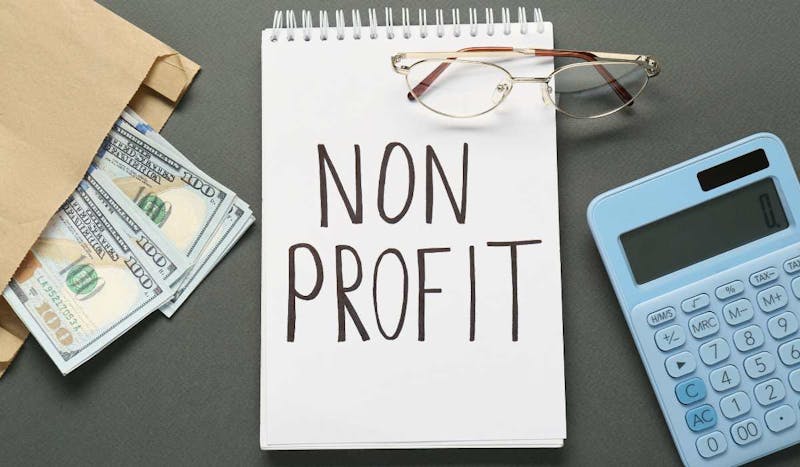
Company Formation
Establishing a Non-Profit Organization in Hong Kong
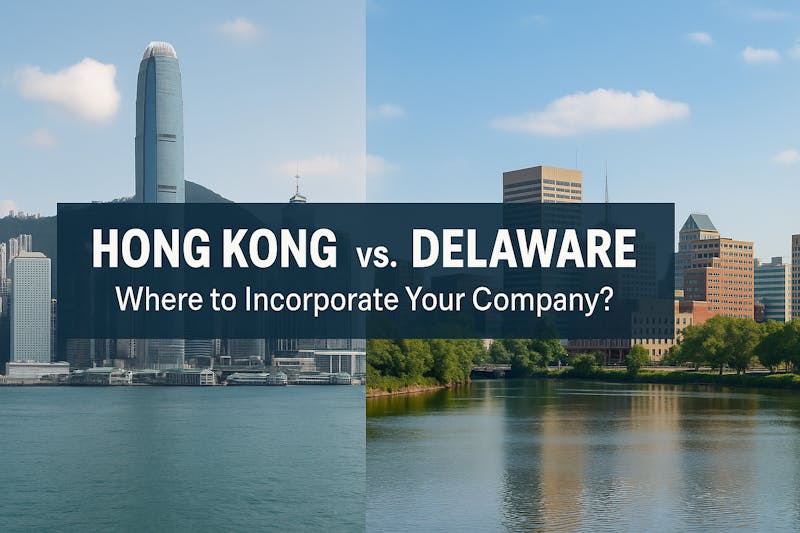
Company Formation
Hong Kong vs. Delaware: Where to Incorporate Your Company?

Company Formation
Business Registration in Hong Kong: A Comprehensive Guide
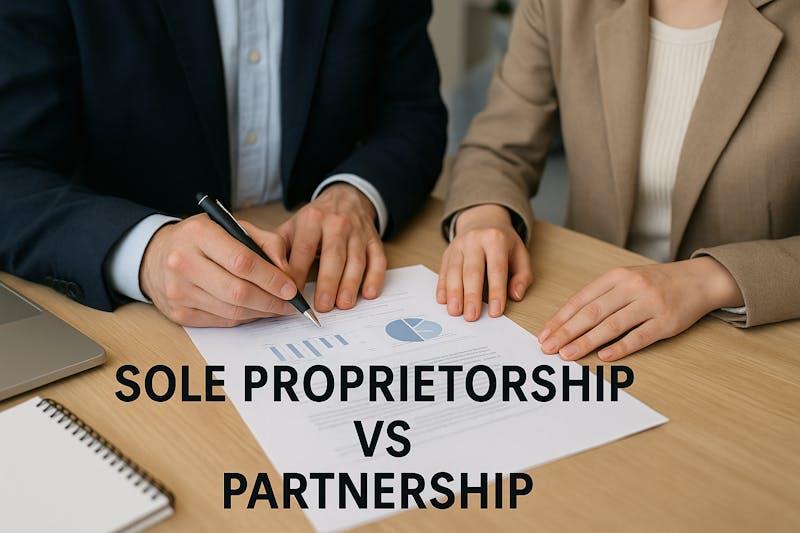
Company Formation
Sole Proprietorship vs Partnership: A Guide

Company Formation
A Definitive Guide to Business Registration Number in Hong Kong

Company Formation
Limited Partnership in Hong Kong

Company Formation
Set Up Your Company & Business Account in Hong Kong

Company Formation
Hong Kong Sole Proprietorship Registration
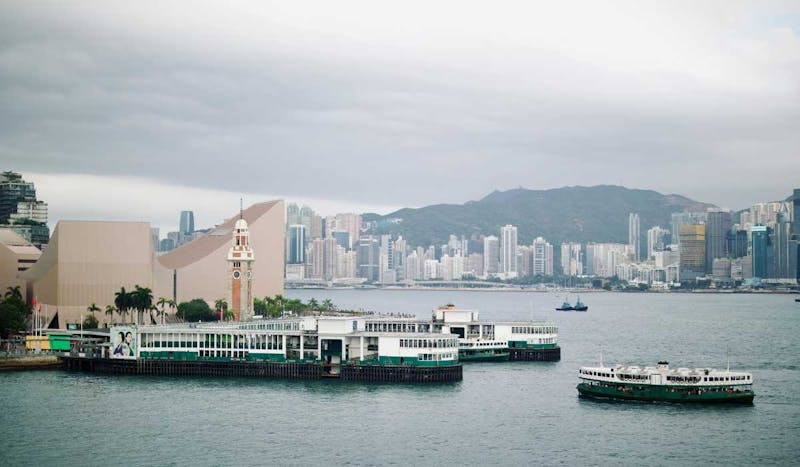
Company Formation
Business Entities in Hong Kong: Which One Is Best For You
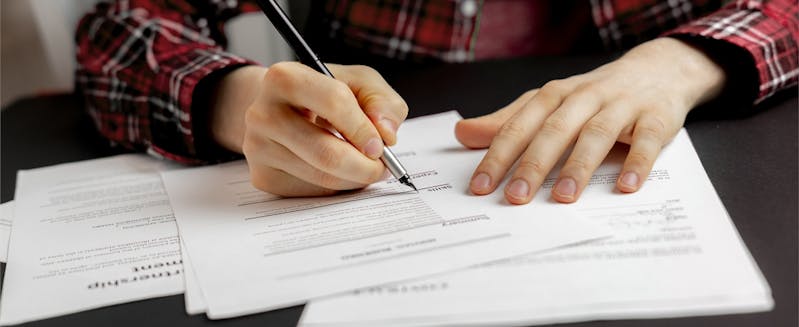
Company Formation
How to Renew Your Business Registration in Hong Kong
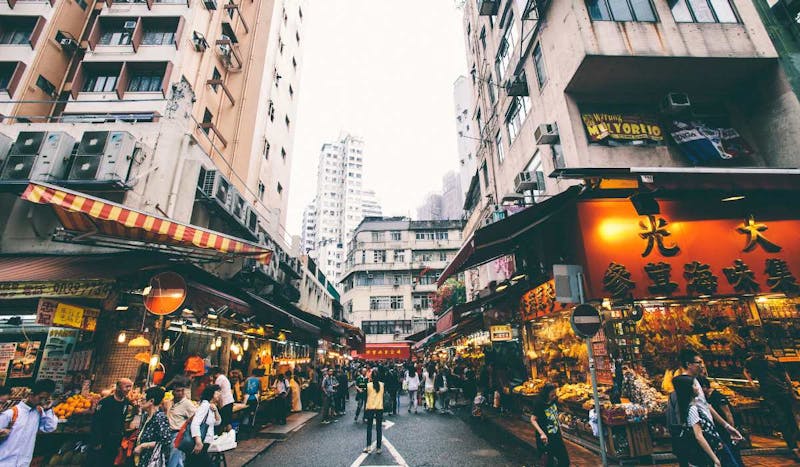
Company Formation
8 Pros and Cons of Doing Business in Hong Kong
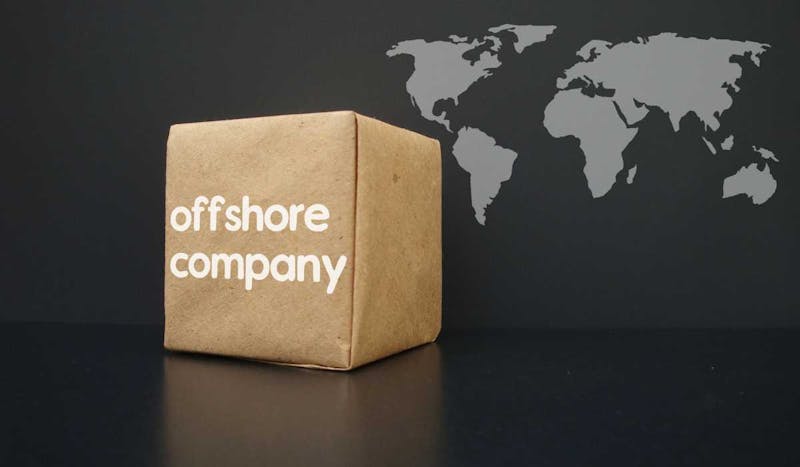
Company Formation
The Ultimate Hong Kong Offshore Company Registration & Formation Guide

Company Formation
Articles of Association in Hong Kong and Its Importance

Company Formation
Everything You Need to Know About Share Capital in Hong Kong
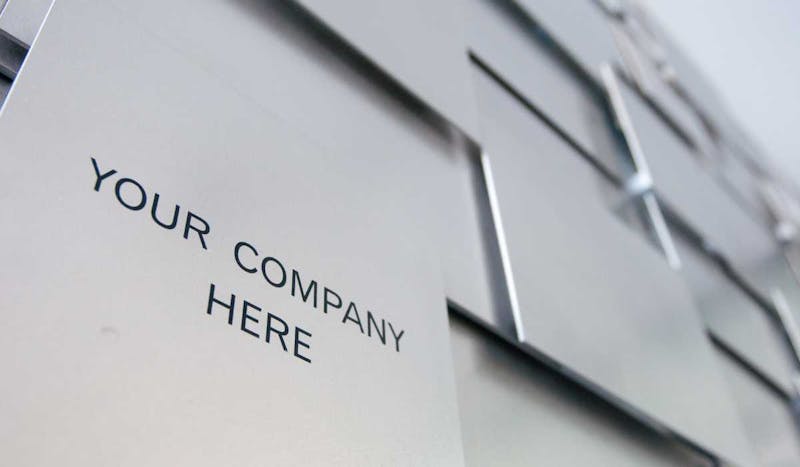
Company Formation
How to Choose a Company Name in Hong Kong
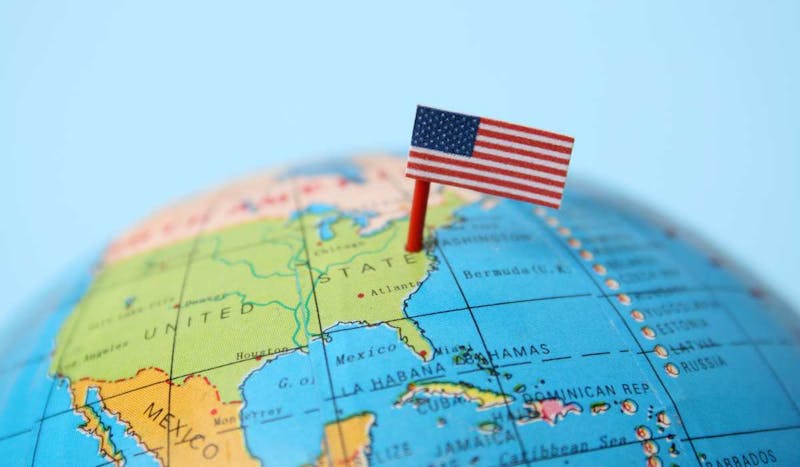
Company Formation
How to Register a US Company in Hong Kong

Company Formation
Why Set Up A Special Purpose Vehicle In Hong Kong

Company Formation
12 Steps to Starting a Company in Hong Kong

Company Formation
How to Register an Australian Company in Hong Kong
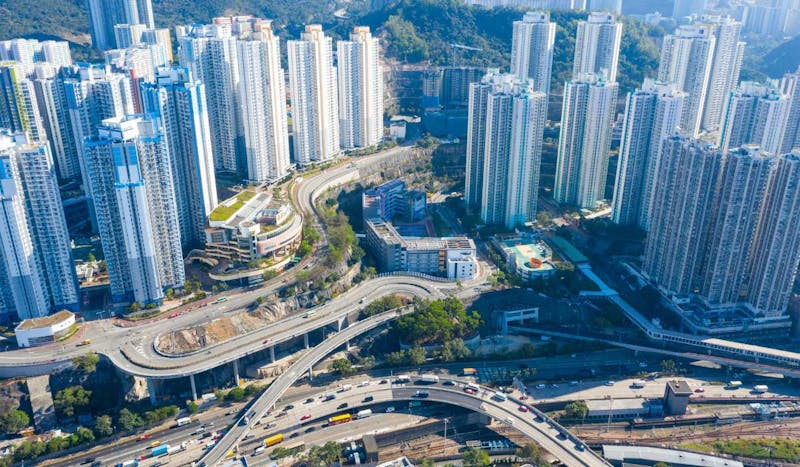
Company Formation
7 Reasons Why Companies Register in Hong Kong

Company Formation
How to Open a Finance Company in Hong Kong

Company Formation
Why Set Up a Holding Company in Hong Kong?

Company Formation
How to Open an Event Management Company in Hong Kong

Company Formation
How to Open a Trading Company in Hong Kong

Company Formation
How to Open a Retail Shop in Hong Kong
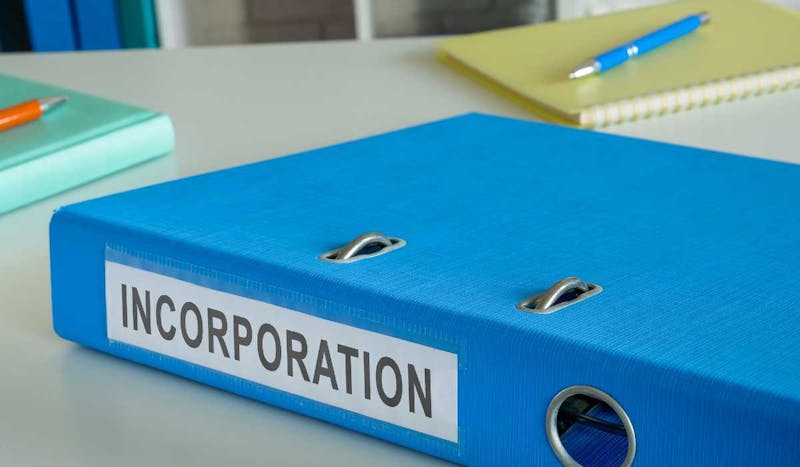
Company Formation
Why You Need a Certificate of Incorporation in Hong Kong
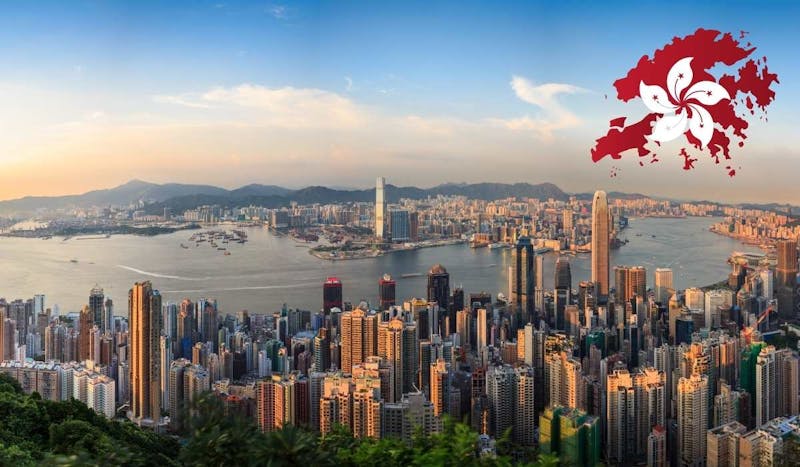
Company Formation
A Complete Guide on How to Register a Company in Hong Kong
Accounting and Tax
View All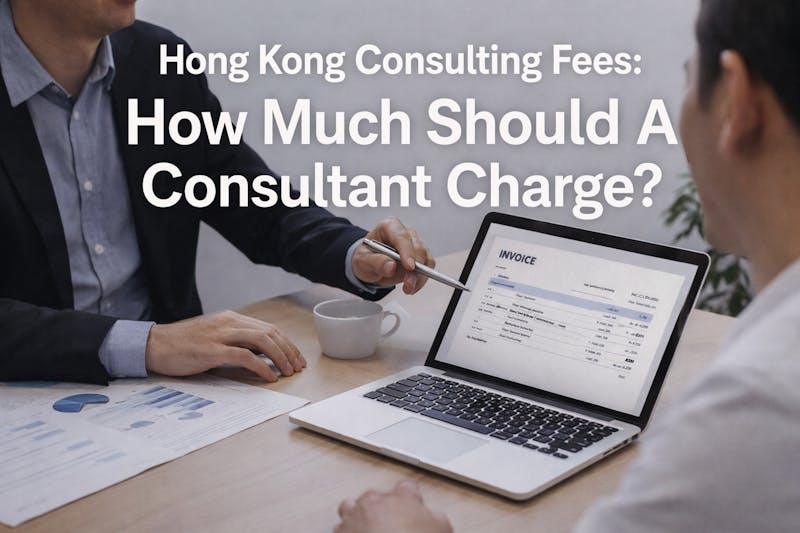
Hong Kong Consulting Fees: How Much Should A Consultant Charge?

Pallavi Srivastava
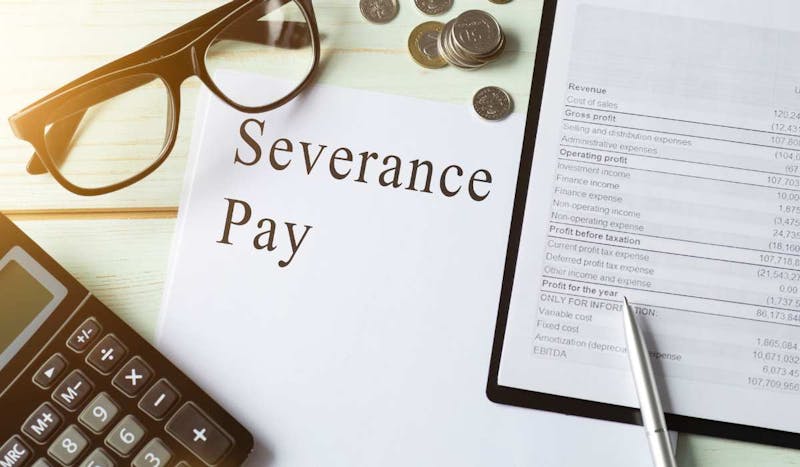
Accounting and Tax
Severance Payment in Hong Kong: A Practical Guide for Employees and Employers
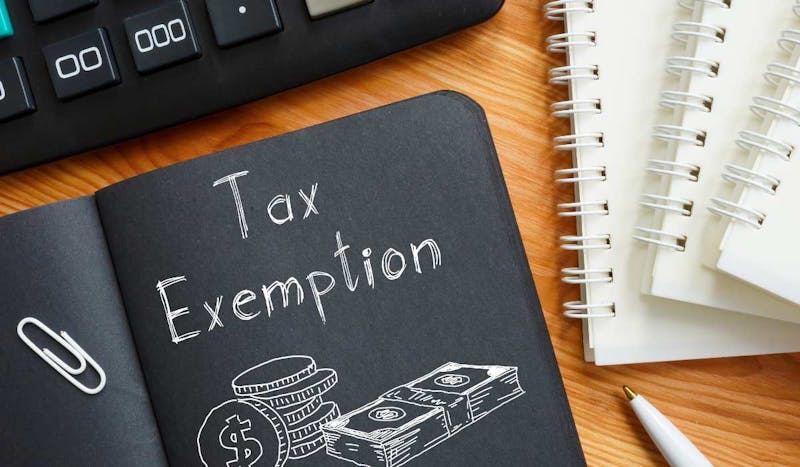
Accounting and Tax
Offshore Tax Exemption in Hong Kong

Accounting and Tax
Management Accounts vs. Statutory Accounts in Hong Kong

Accounting and Tax
Digital Nomads & Taxes in Hong Kong
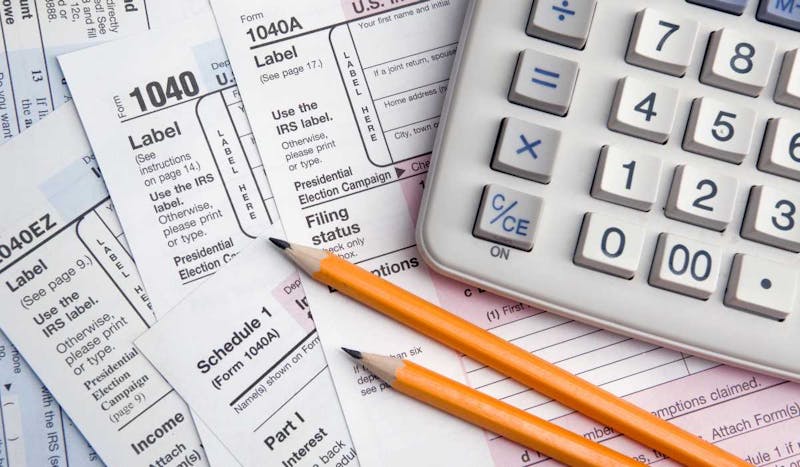
Accounting and Tax
Employer’s Return in Hong Kong: Deadlines and IR56B Filing Guide

Accounting and Tax
Best Accounting Software in Hong Kong
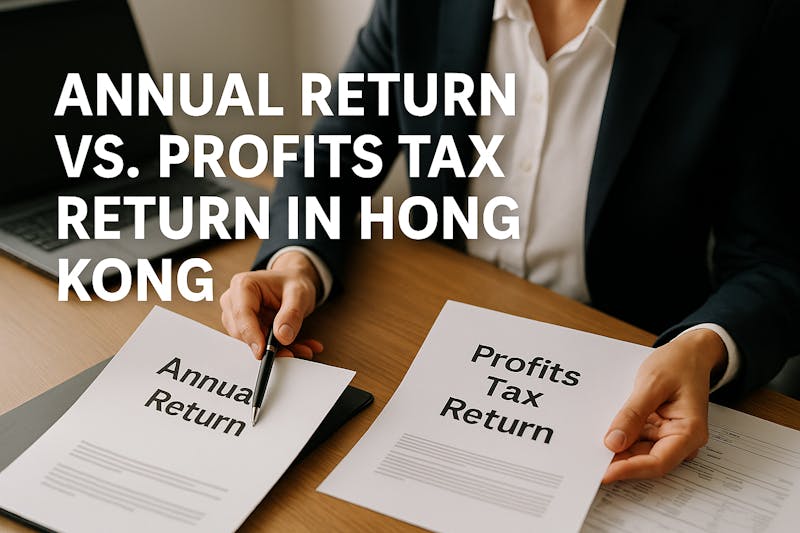
Accounting and Tax
Annual Return vs. Profits Tax Return in Hong Kong
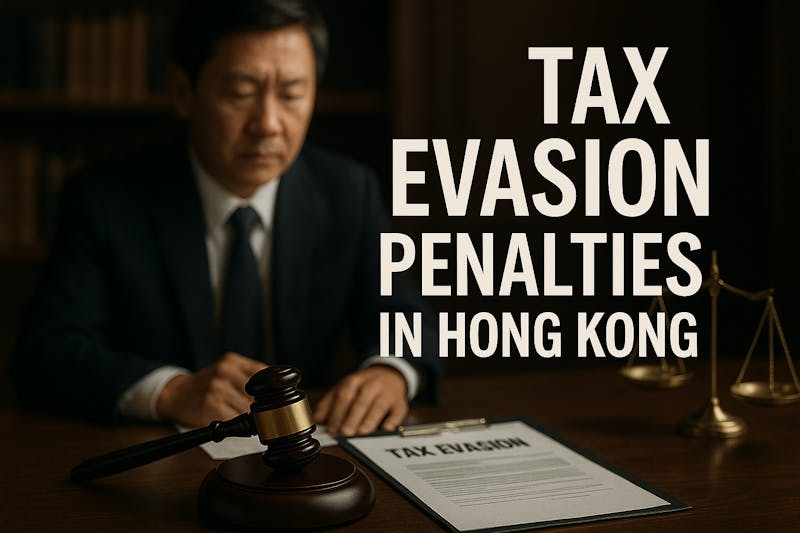
Accounting and Tax
Tax Evasion Penalties in Hong Kong
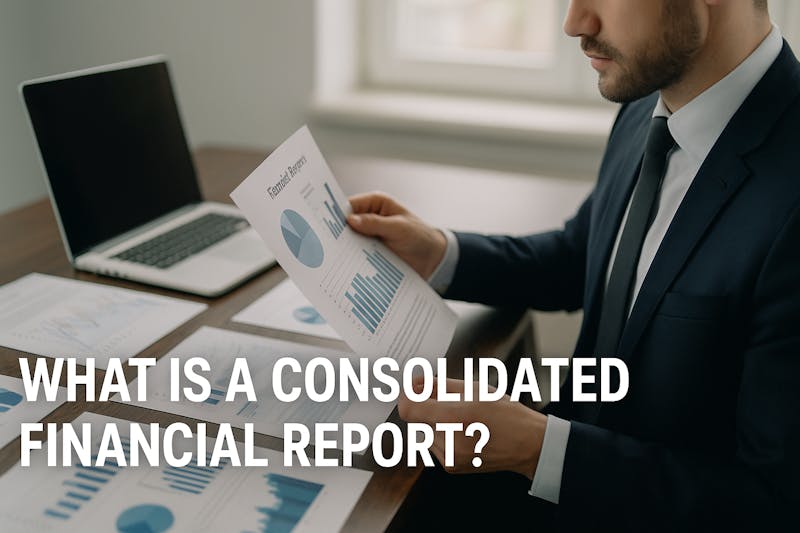
Accounting and Tax
What is a Consolidated Financial Report?
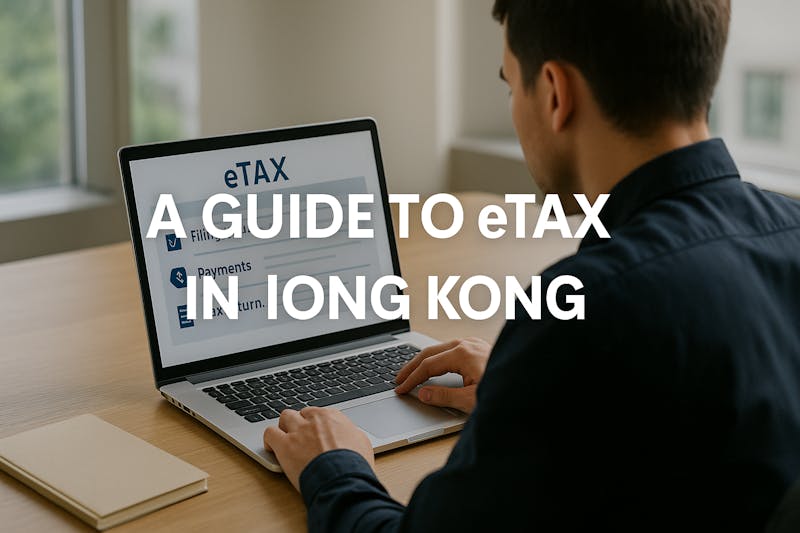
Accounting and Tax
A Guide to eTAX in Hong Kong
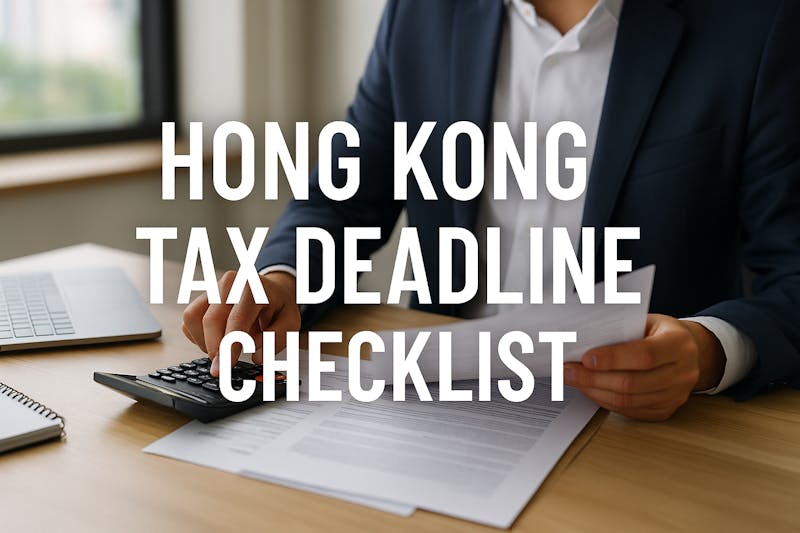
Accounting and Tax
Hong Kong Tax Deadline Checklist
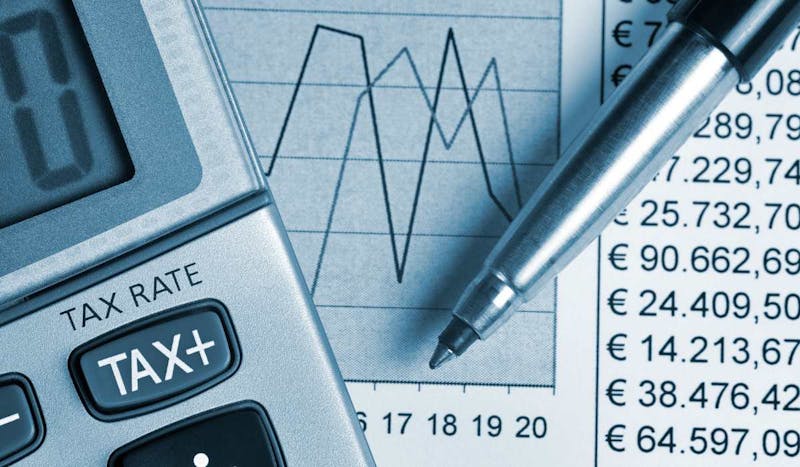
Accounting and Tax
A Guide to Holding Over Provisional Tax Hong Kong
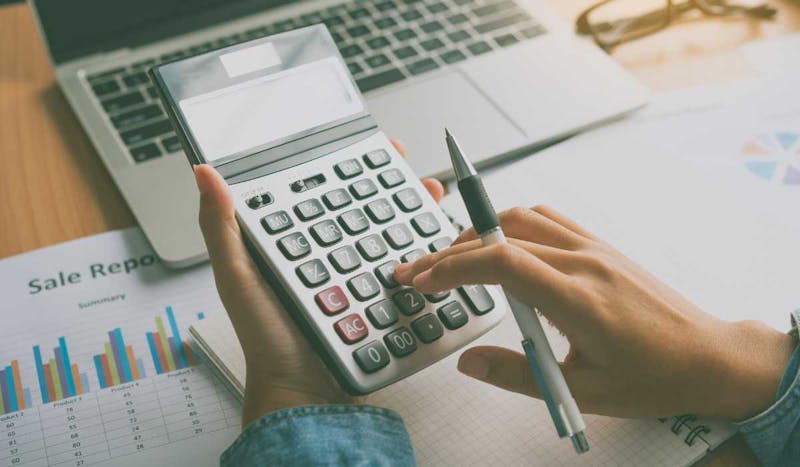
Accounting and Tax
Streamlining Bookkeeping and Accounting Practices in Hong Kong
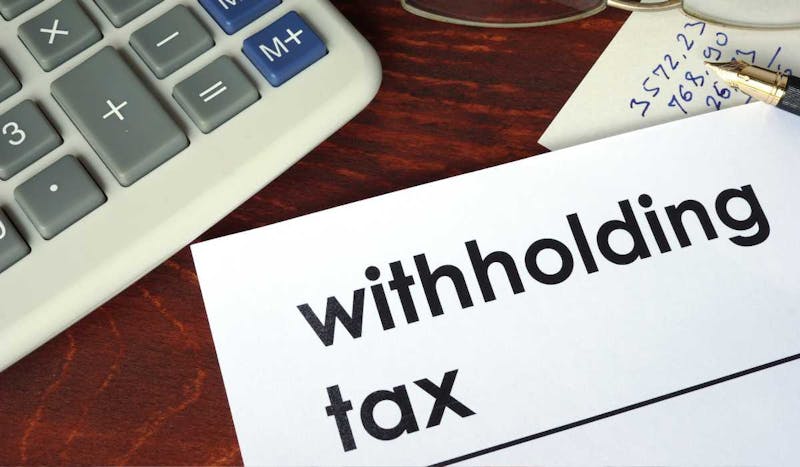
Accounting and Tax
Withholding Tax in Hong Kong Explained: Rates, Rules, and More!

Accounting and Tax
A Complete Guide to Hong Kong Profit Tax

Accounting and Tax
Is Dividend Income Taxable in Hong Kong?

Accounting and Tax
Hong Kong Sales Tax for eCommerce Businesses

Accounting and Tax
Everything to Know About Payroll Outsourcing in Hong Kong
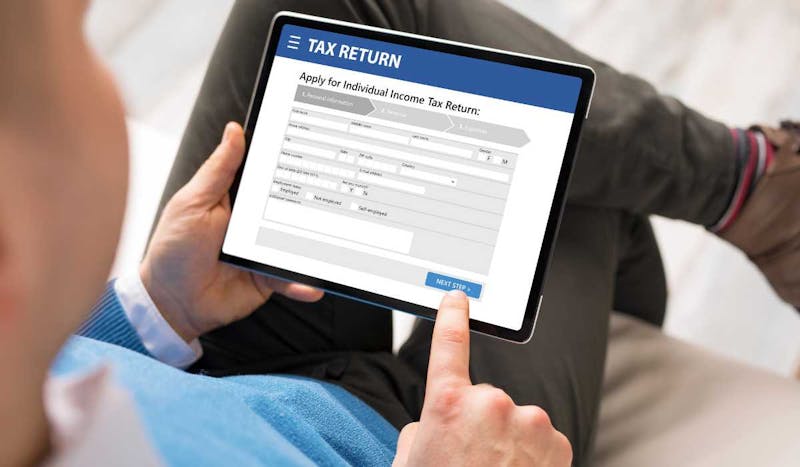
Accounting and Tax
What Is Profit Tax Return in Hong Kong?

Accounting and Tax
Accounting for Entrepreneurs

Accounting and Tax
How to Change Accountant in Hong Kong
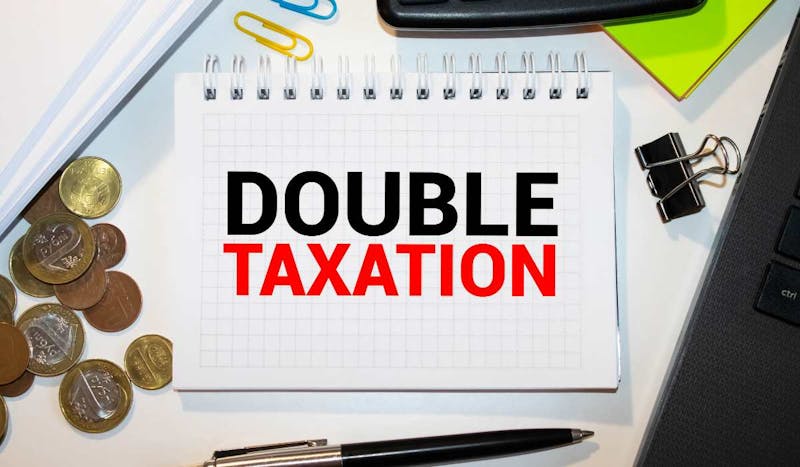
Accounting and Tax
Double Taxation Agreements (DTAs) in Hong Kong
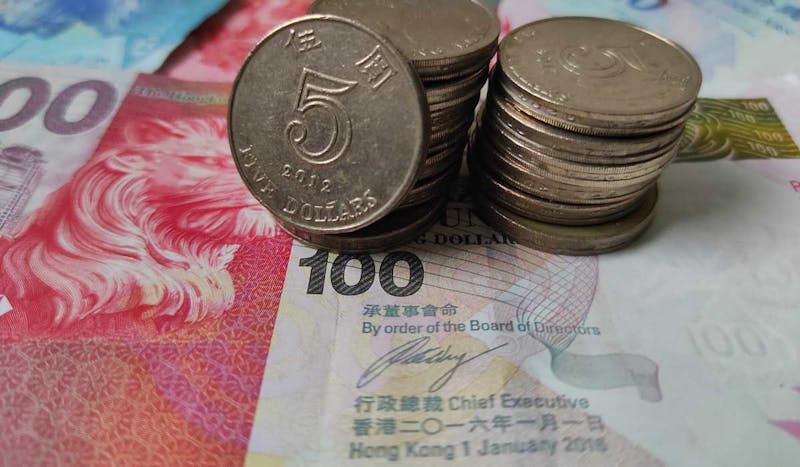
Accounting and Tax
Understanding Hong Kong Accounting Standards in 2024

Accounting and Tax
Tax Residency Certificate in Hong Kong
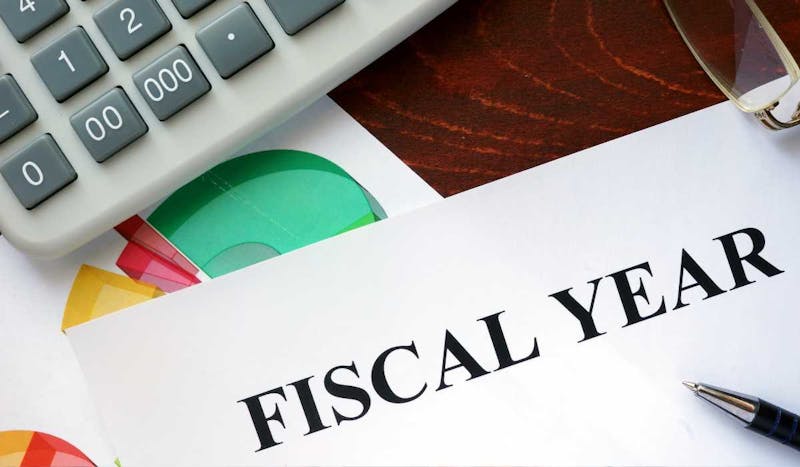
Accounting and Tax
A Guide to the Fiscal Year: Hong Kong
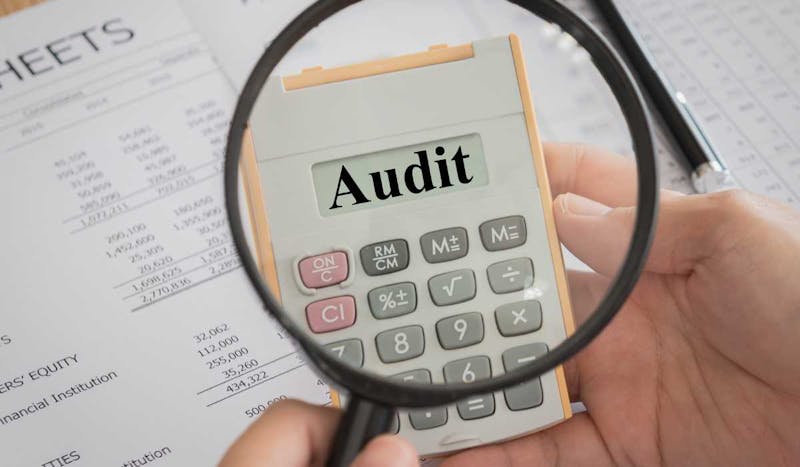
Accounting and Tax
Hong Kong Standards on Auditing: Key Principles and Practices
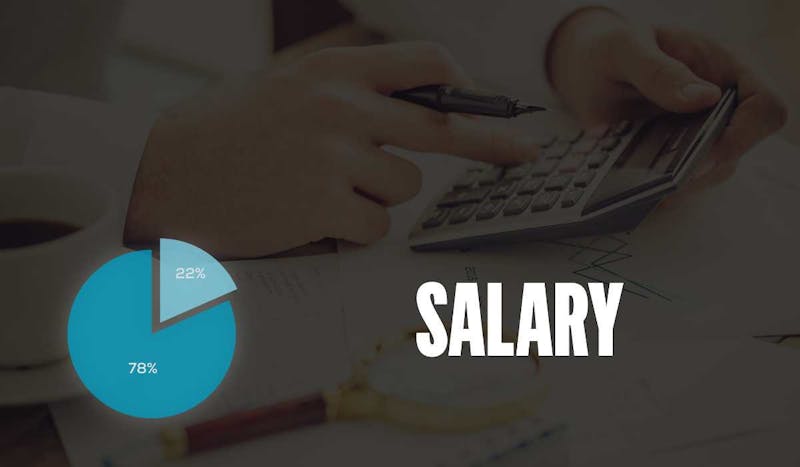
Accounting and Tax
Understanding Hong Kong Salaries Tax: A Comprehensive Guide
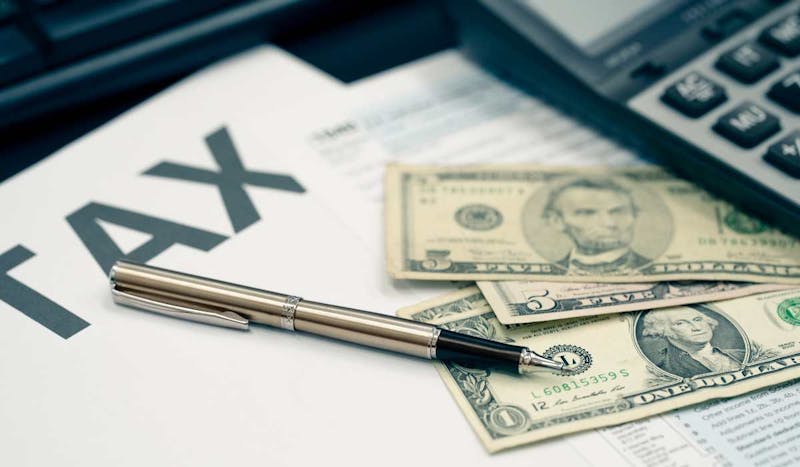
Accounting and Tax
Hong Kong Corporate Tax Guide: Filing & Planning

Accounting and Tax
What is Accounts Receivable Management?
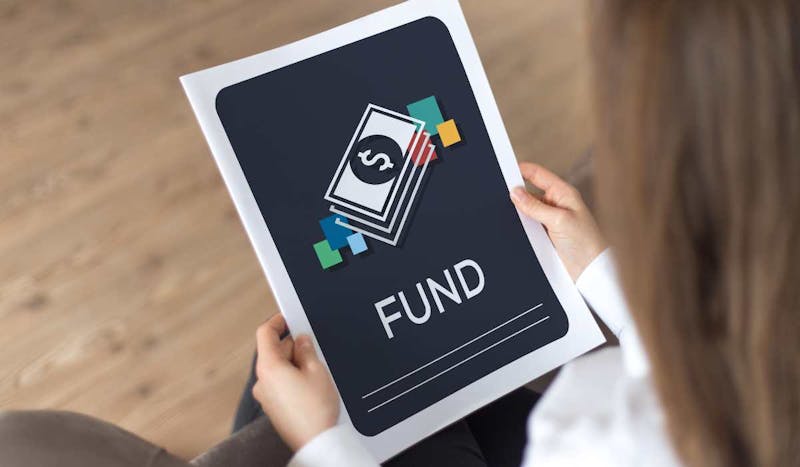
Accounting and Tax
How to Pay Your Employee’s MPF

Accounting and Tax
What are Management Accounts for Hong Kong SMEs?
Bank Account
View All
Certificate of Incumbency: What It Is & How to Get One

Ava Poon
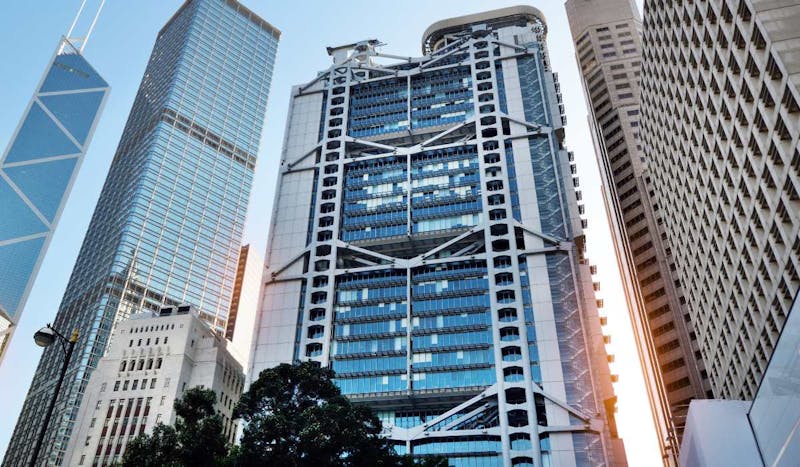
Bank Account
Choosing the Best Business Accounts in Hong Kong

Bank Account
What Is a Multi-Currency Account in Hong Kong?

Bank Account
How to Open a Corporate Bank Account Online in Hong Kong
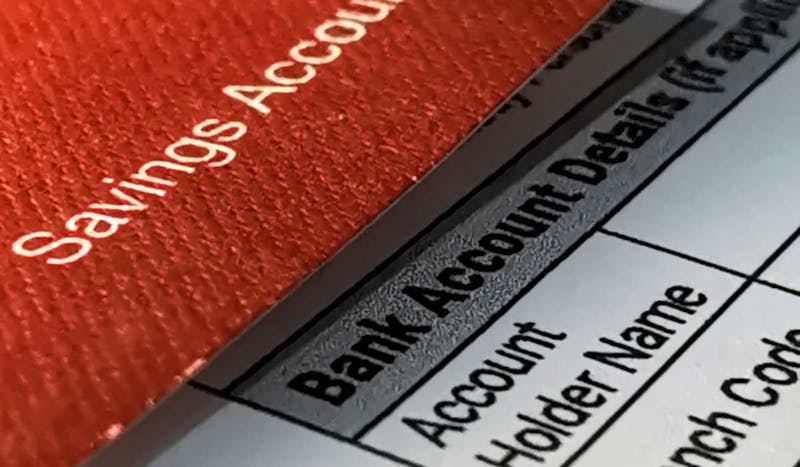
Bank Account
How to Fix a Suspended or Frozen HK Bank Account
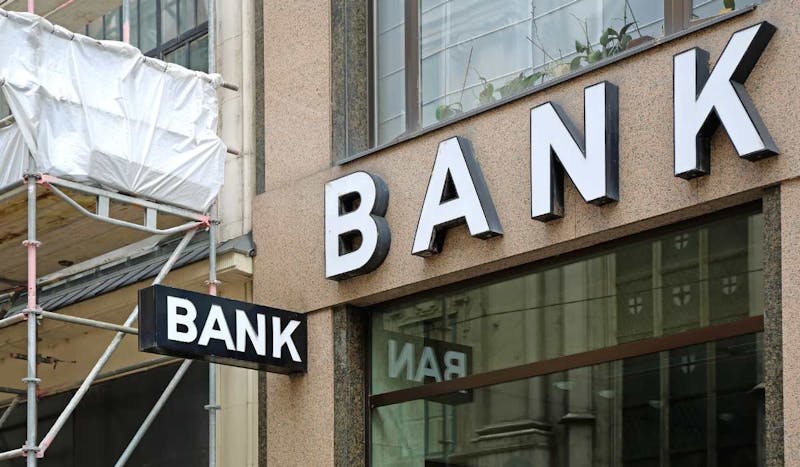
Bank Account
Top 10 Business Banks in Hong Kong
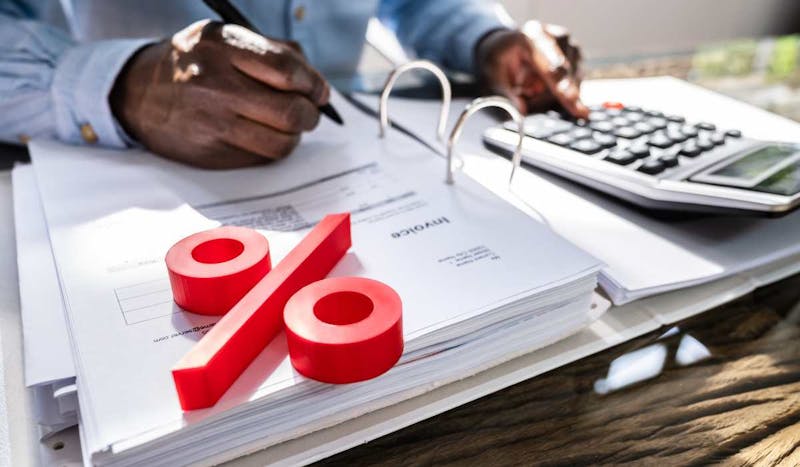
Bank Account
What Is a Corporate Account: How it Works, Benefits & Tips
Business Insights
View All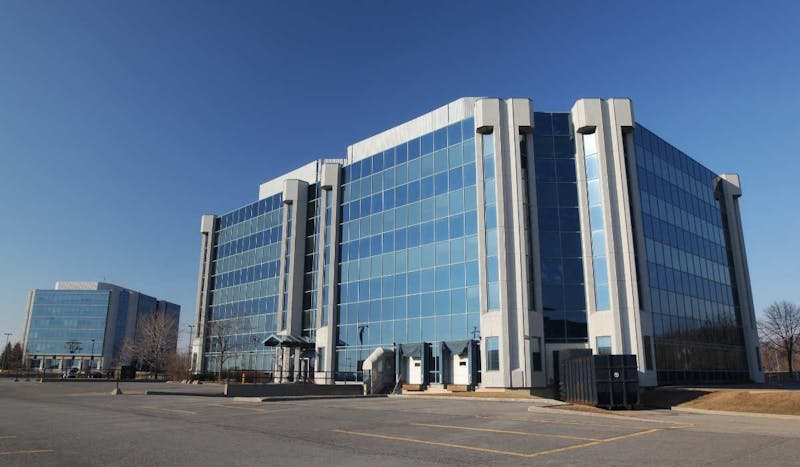
Limited vs Unlimited Company in Hong Kong

Vivian Au
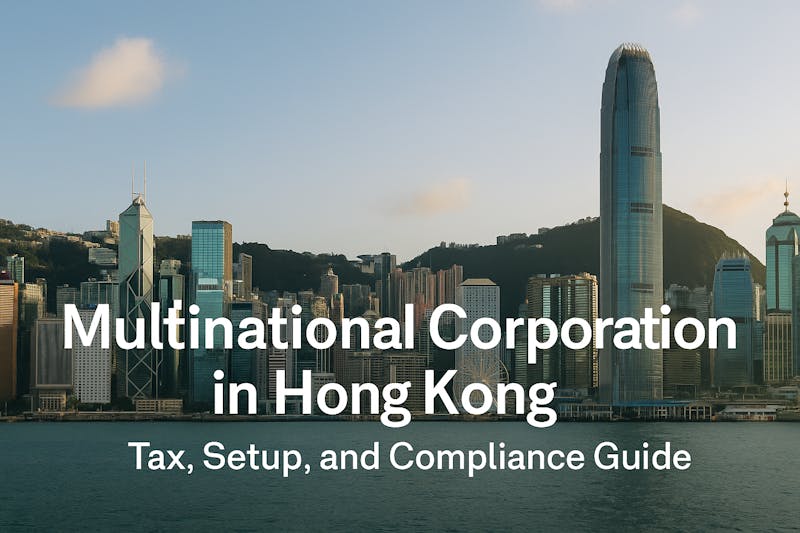
Business Insights
Multinational Corporation in Hong Kong: Tax, Setup, and Compliance Guide
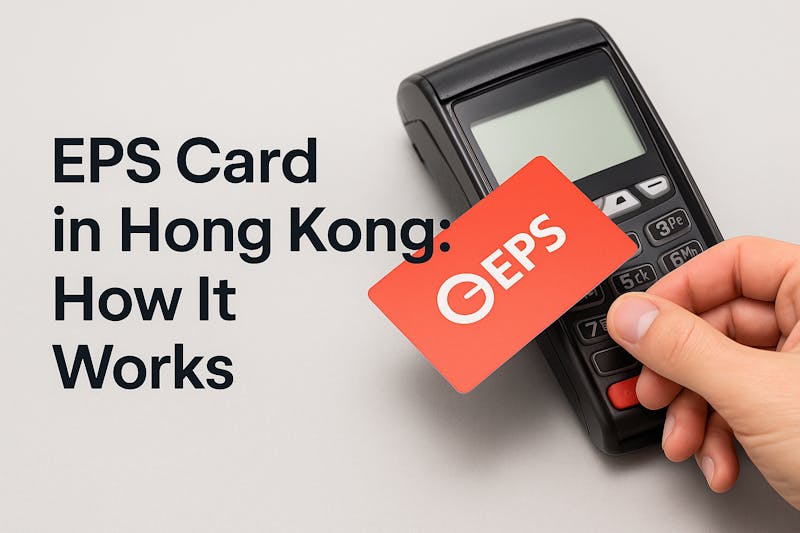
Business Insights
EPS Card in Hong Kong: How It Works

Business Insights
Remote Business Ideas that Only Need WiFi
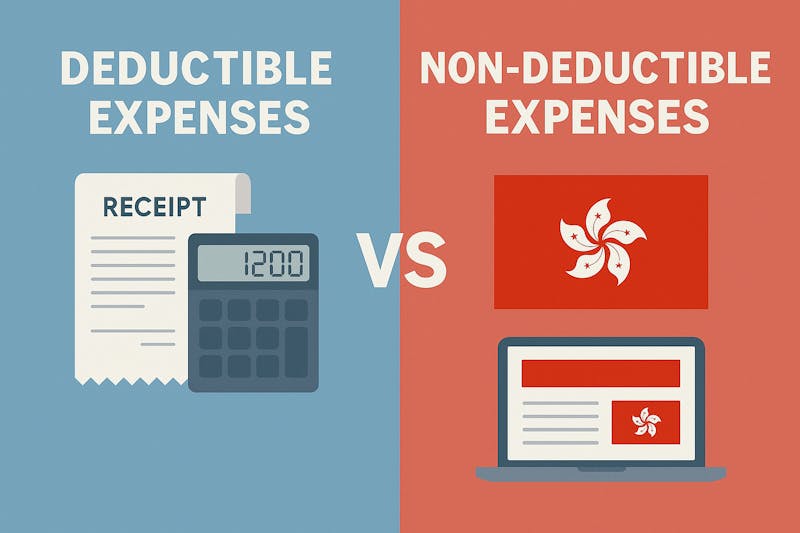
Business Insights
Deductible vs Non-Deductible Expenses in Hong Kong
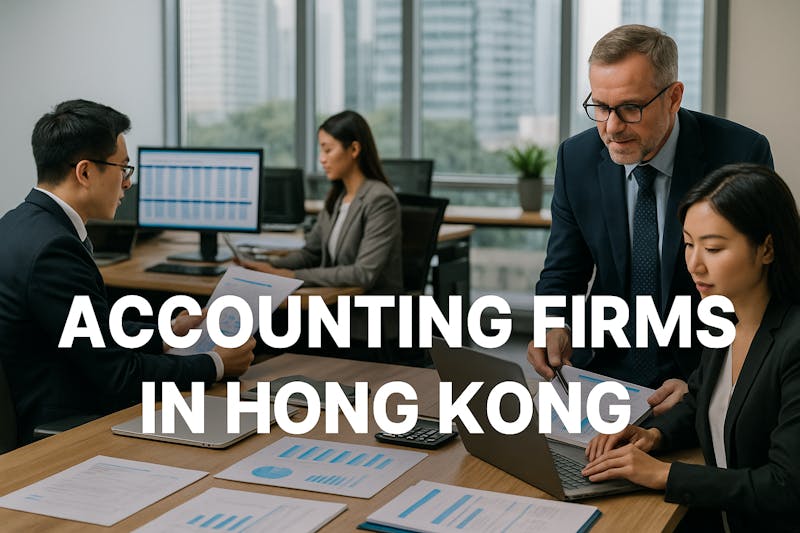
Business Insights
Accounting Firms in Hong Kong

Business Insights
Hong Kong Crypto Exchange License: Full Guide for 2026

Business Insights
Pros and Cons of Remote Work in Hong Kong

Business Insights
How to Set Up a Remote Workforce in Hong Kong
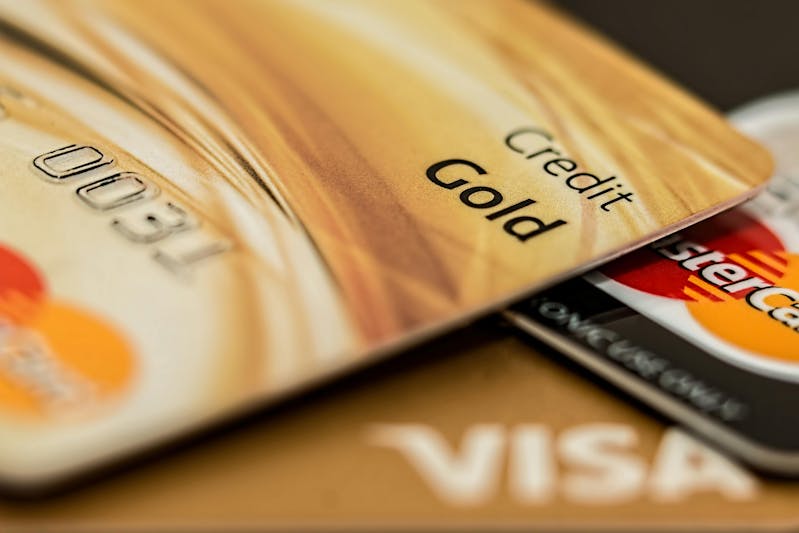
Business Insights
Top Credit Cards in Hong Kong: A 2025 Guide
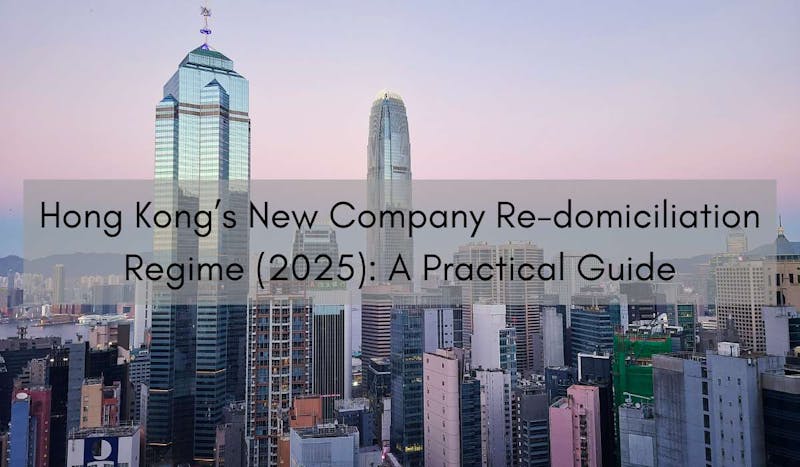
Business Insights
Hong Kong’s New Company Re-domiciliation Regime (2025): A Practical Guide

Business Insights
Feng Shui Tips for Businesses to Succeed this 2025
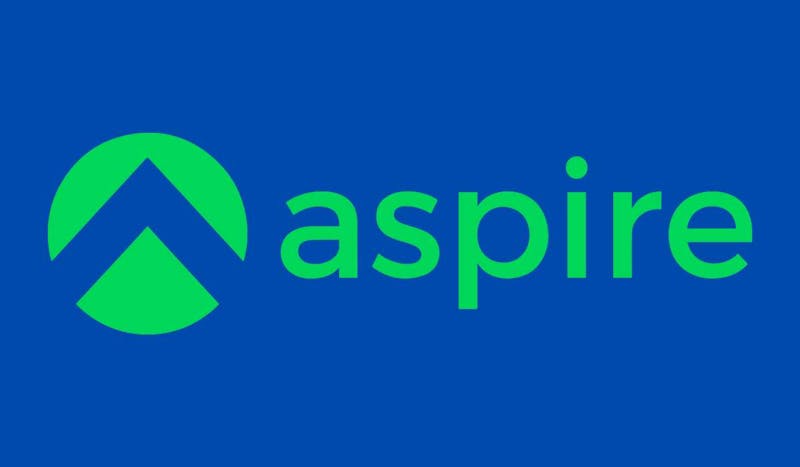
Business Insights
Aspire App Review: A Comprehensive Guide to Its Features and Benefits

Business Insights
Airwallex Review: Pros, Cons, and Is It the Right Choice for Your Business?

Business Insights
A Guide On How to Make a Business Plan

Business Insights
List of Chambers of Commerce in Hong Kong
Licensing and Compliance
View All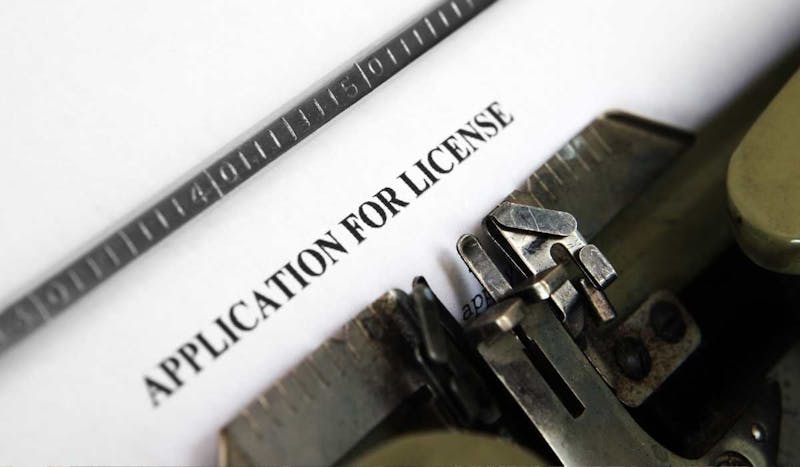
Your Guide to Hong Kong Business Licenses

Vivian Au

Licensing and Compliance
How to Set Up a Recruitment Agency in Hong Kong

Licensing and Compliance
Money Services Operator (MSO) License in Hong Kong
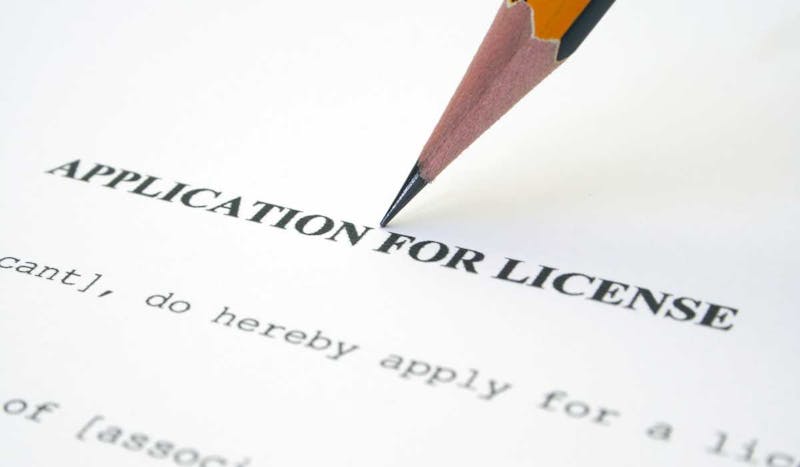
Licensing and Compliance
Applying for an SFC License in Hong Kong

Licensing and Compliance
Restaurant Registration & Licensing in Hong Kong
Manage Your Company
View All
Electronic Signature in Hong Kong

Pallavi Srivastava
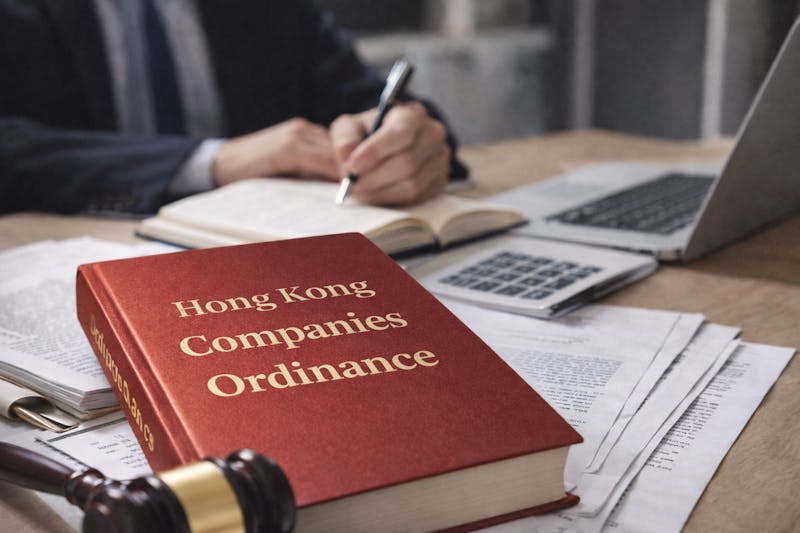
Manage Your Company
A Guide to Hong Kong Companies Ordinance
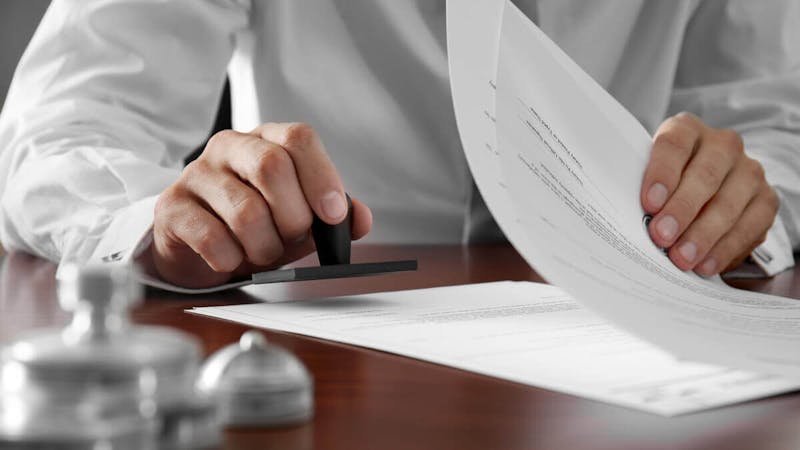
Manage Your Company
How to Get a Certified Copy of Passport in Hong Kong
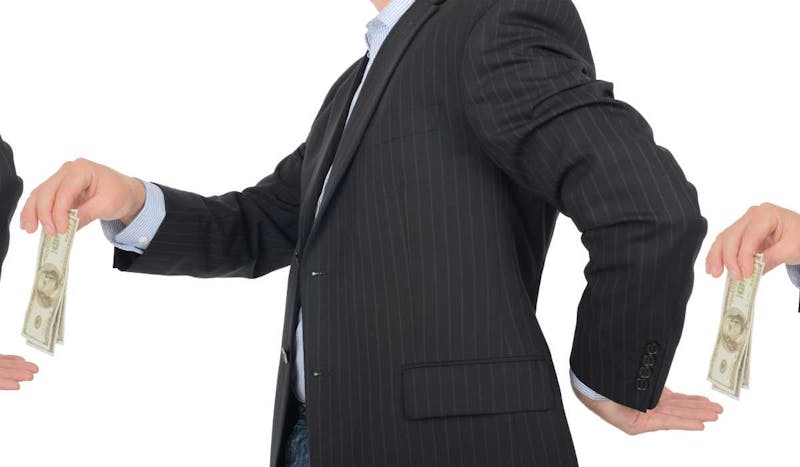
Manage Your Company
A Complete Guide to Hong Kong Share Transfers

Manage Your Company
How to Change Your Company Secretary in Hong Kong

Manage Your Company
Things You Need to Know About Appointing of Directors in Hong Kong

Manage Your Company
Nominee Director for Hong Kong Businesses
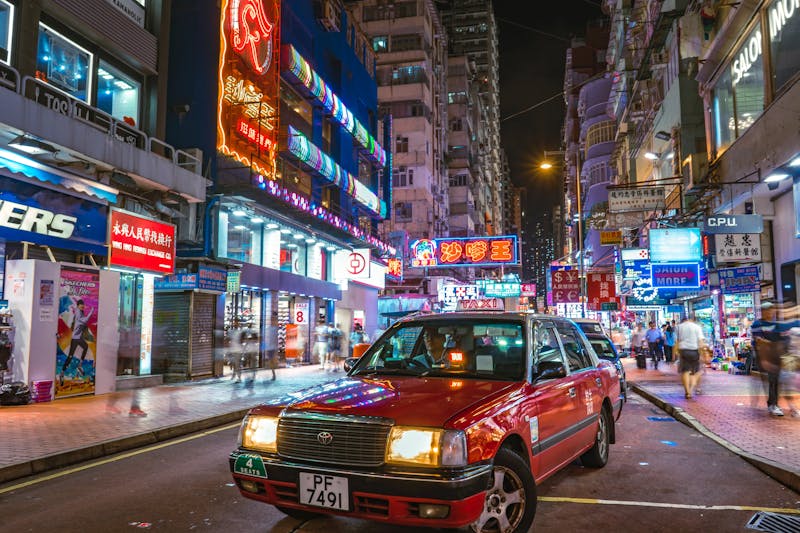
Manage Your Company
Certified True Copy in Hong Kong: Everything You Need to Know
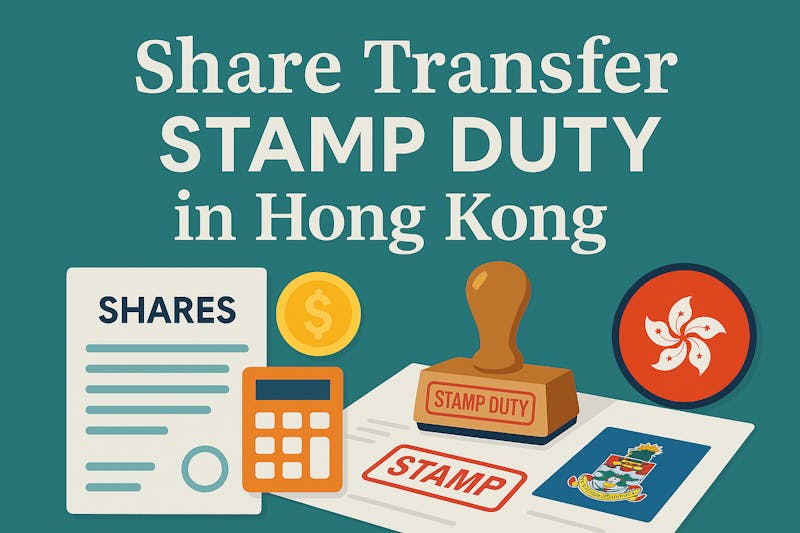
Manage Your Company
Share Transfer Stamp Duty in Hong Kong
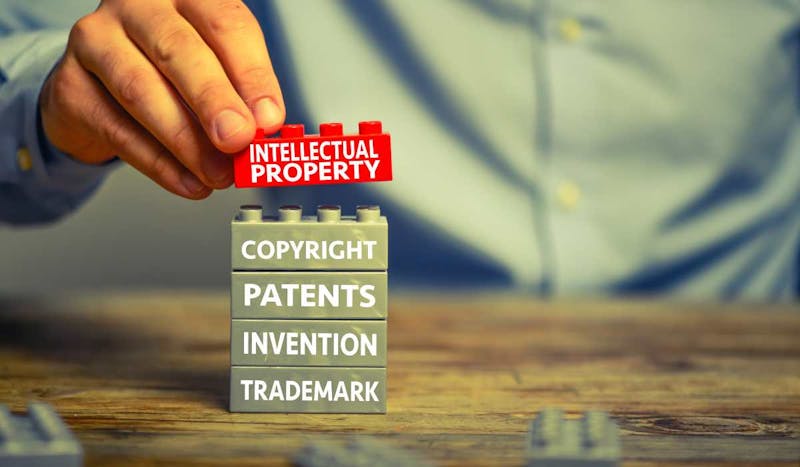
Manage Your Company
A Beginner’s Guide to Hong Kong Intellectual Property Rights: Copyright, Trademarks, Patents, and Registered Designs

Manage Your Company
Hong Kong Business Registration Number vs Hong Kong Company Registration Number
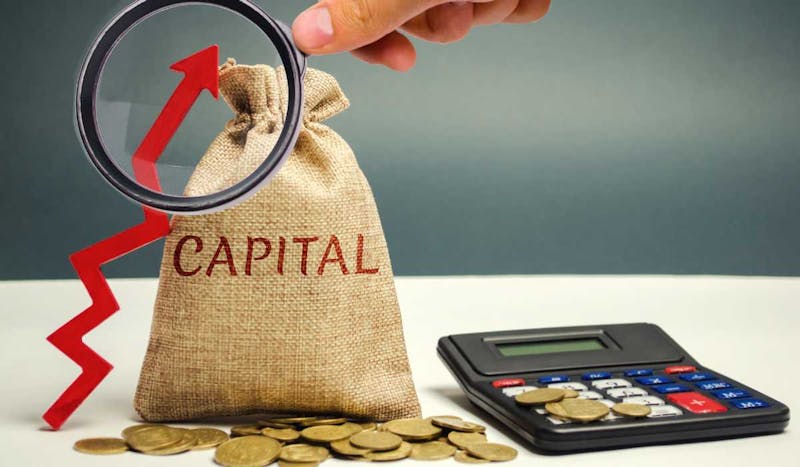
Manage Your Company
Reduction of Share Capital in Hong Kong: What You Need to Know

Manage Your Company
A Complete Guide to Declaring a Dormant Company in Hong Kong
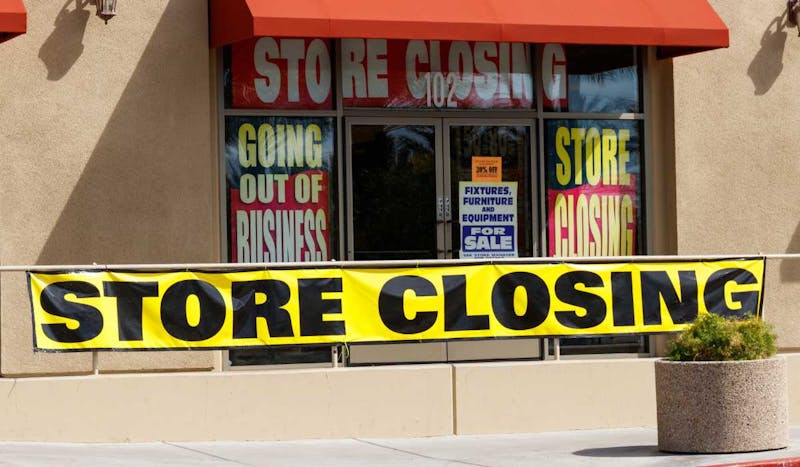
Manage Your Company
Hong Kong Company Deregistration Guide: The Disappearing Act
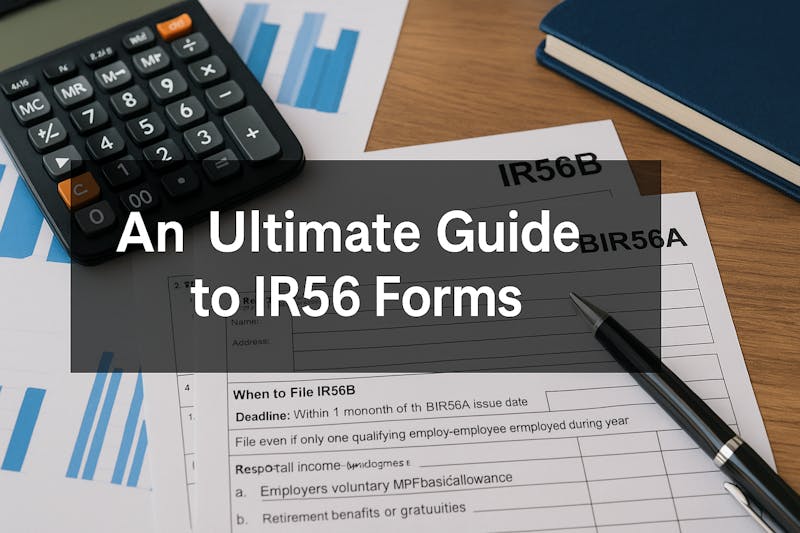
Manage Your Company
An Ultimate Guide to IR56 Forms

Manage Your Company
Designated Representative vs. Company Secretary: Roles and Differences
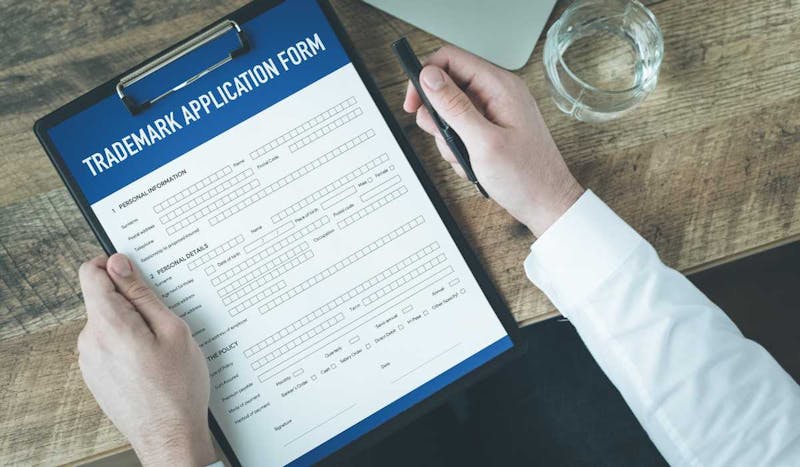
Manage Your Company
How to Get a Trademark in Hong Kong
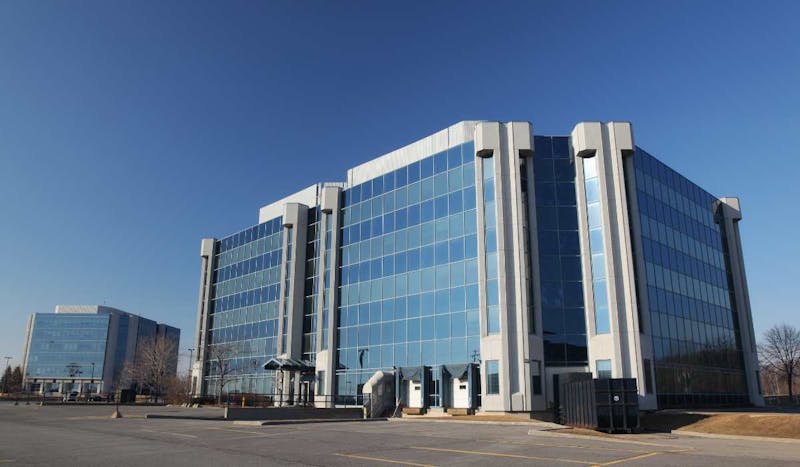
Manage Your Company
A Guide to Private Limited Company in Hong Kong

Manage Your Company
A Guide to Stamp Duty in Hong Kong

Manage Your Company
A Guide to Shareholders Of A Hong Kong Company

Manage Your Company
Annual General Meeting in Hong Kong

Manage Your Company
The Duties and Responsibilities of a Company Director
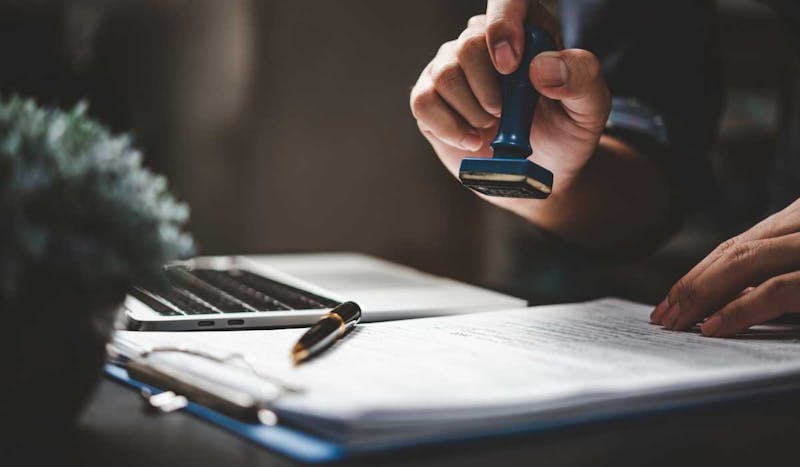
Manage Your Company
Is a Company Chop Stamp Required in Hong Kong?
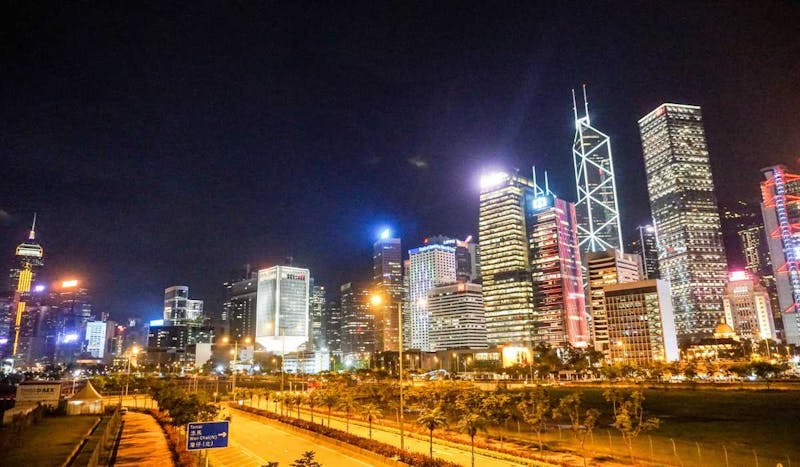
Manage Your Company
A Guide to Hong Kong Standard Industrial Classification Code
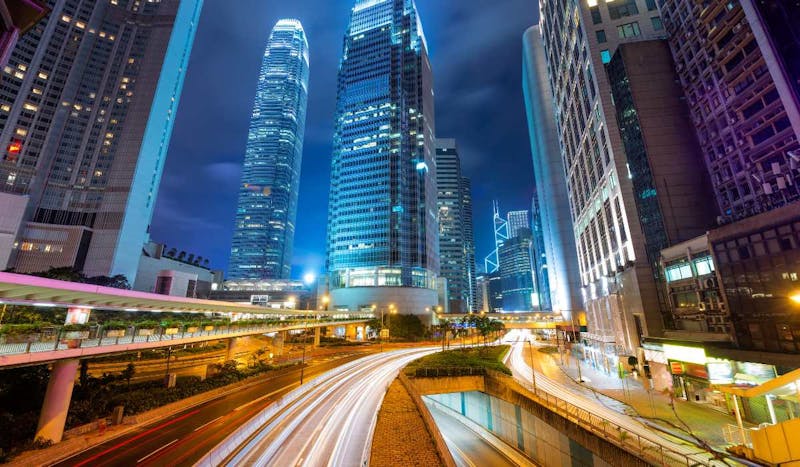
Manage Your Company
Proof Of Address In Hong Kong

Manage Your Company
Power of Attorney (Hong Kong): Legal Framework, Execution, and Compliance Guide

Manage Your Company
Company Secretary in Hong Kong: Who Are They and Why Do You Need One
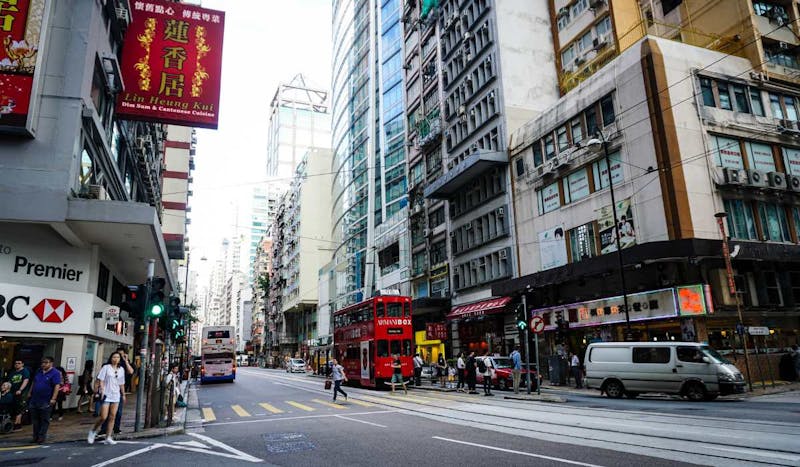
Manage Your Company
How To Become a Permanent Resident in Hong Kong
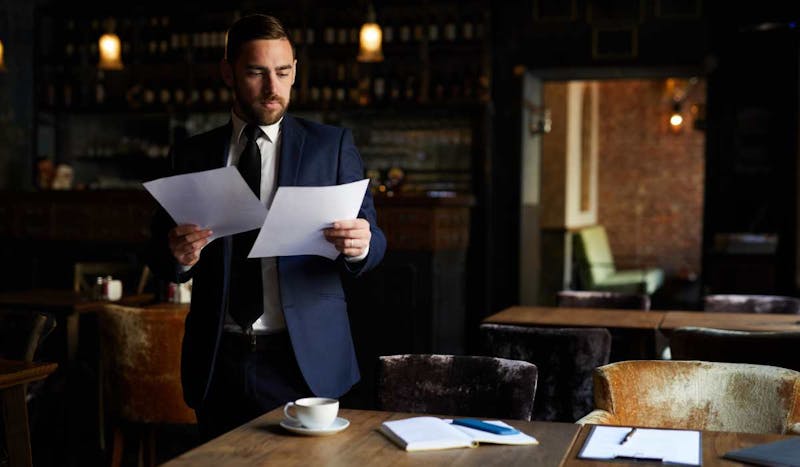
Manage Your Company
Annual Return in Hong Kong: Your Filing Guide
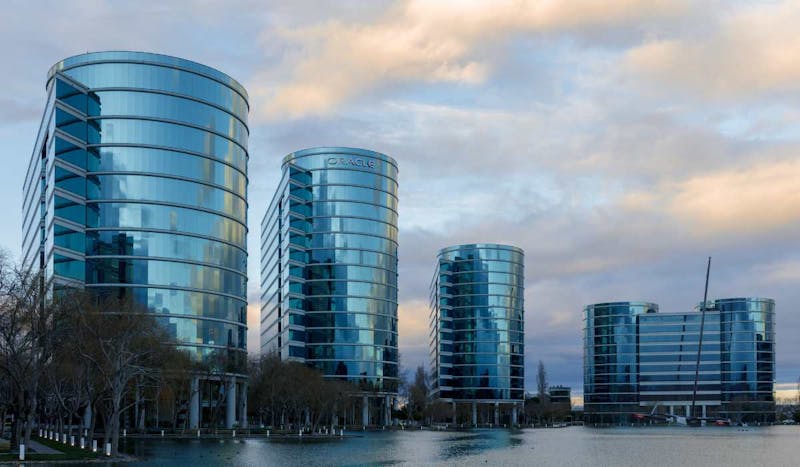
Manage Your Company
Changing Business Registration Address in Hong Kong

Manage Your Company
SME Funding in Hong Kong (2025): Grants, Loans & Financing Options

Manage Your Company
Issue and Allotment of Shares in Hong Kong

Manage Your Company
What is Hong Kong Certificate of Good Standing or Certificate of Continuing Registration

Manage Your Company
Importance of Registered Address for Your Hong Kong Company

Manage Your Company
Significant Controllers Register in Hong Kong

Manage Your Company
5 Benefits to Using a Digital Company Secretary in Hong Kong

Manage Your Company
Complete Guide to Share Certificates of a Hong Kong Company
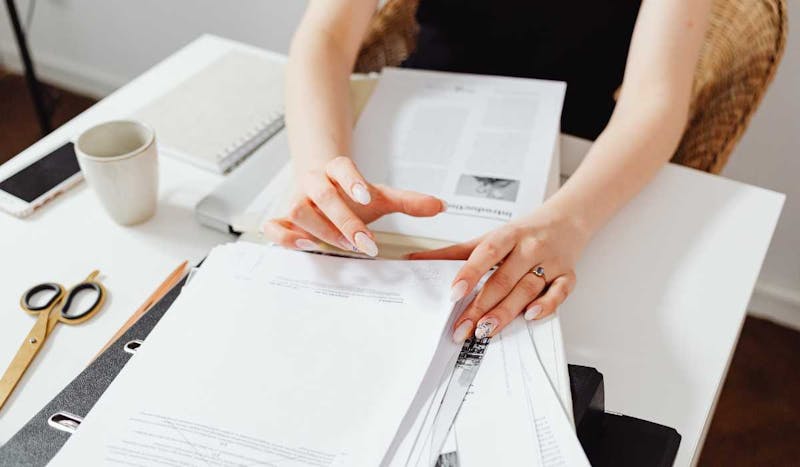
Manage Your Company
What Are the Annual Filing Requirements for a Hong Kong Company?
Visa and Human Resources
View All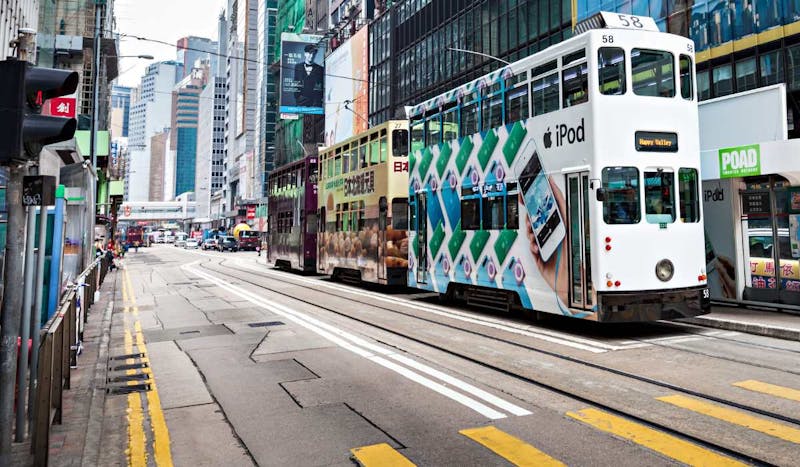
How to Get a Hong Kong Identity Card (HKID)

Pallavi Srivastava

Visa and Human Resources
Dependent Visa in Hong Kong: What Employers & Employees Must Know
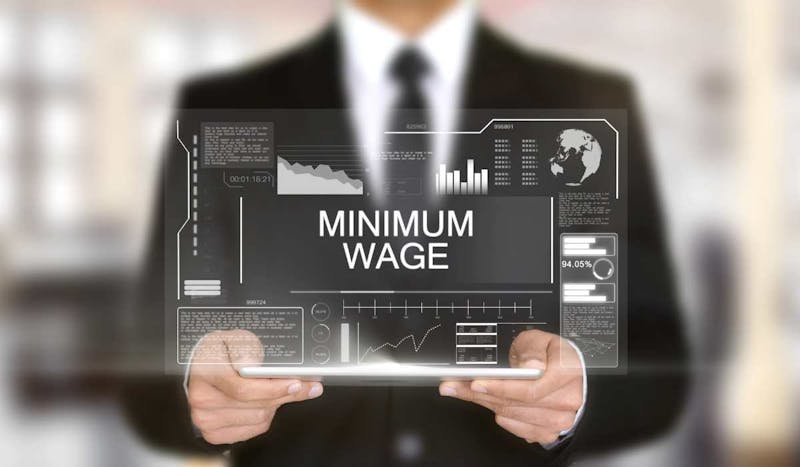
Visa and Human Resources
Exploring Hong Kong’s Minimum Wage (2026)
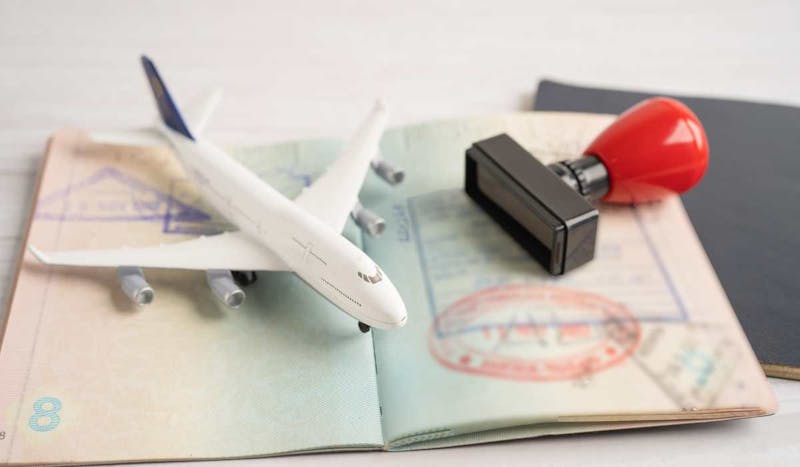
Visa and Human Resources
Hong Kong Work Visa: The Ultimate Guide
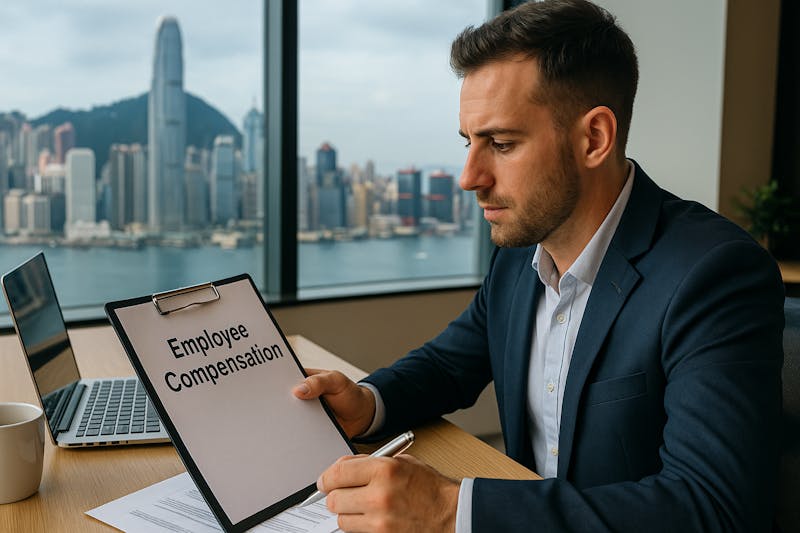
Visa and Human Resources
What Is Employee Compensation in Hong Kong?

Visa and Human Resources
What Is MPF and Why Do You Need It?
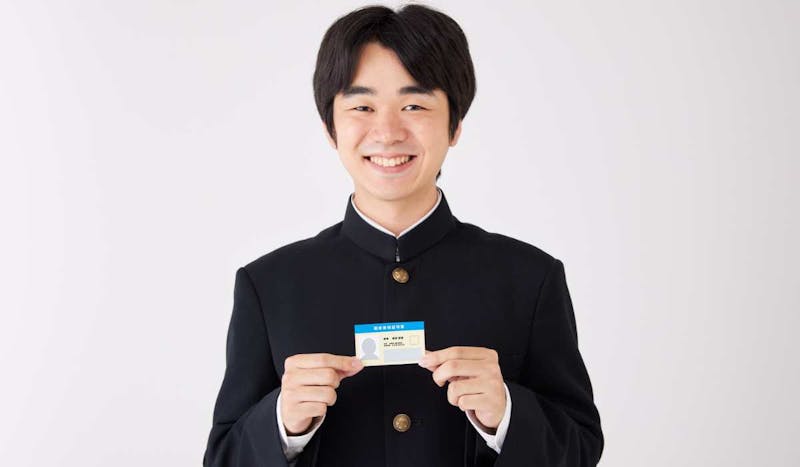
Visa and Human Resources
HKID Card Renewal: A Guide to Re-application Process 2026
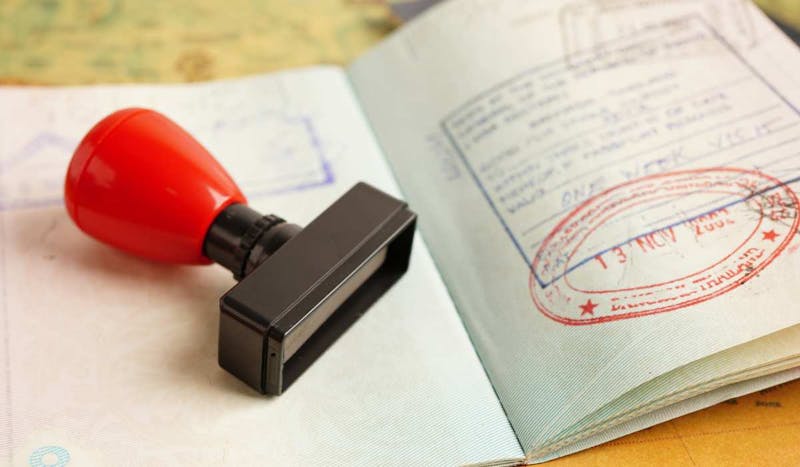
Visa and Human Resources
A Guide to Hong Kong Working Holiday Visa
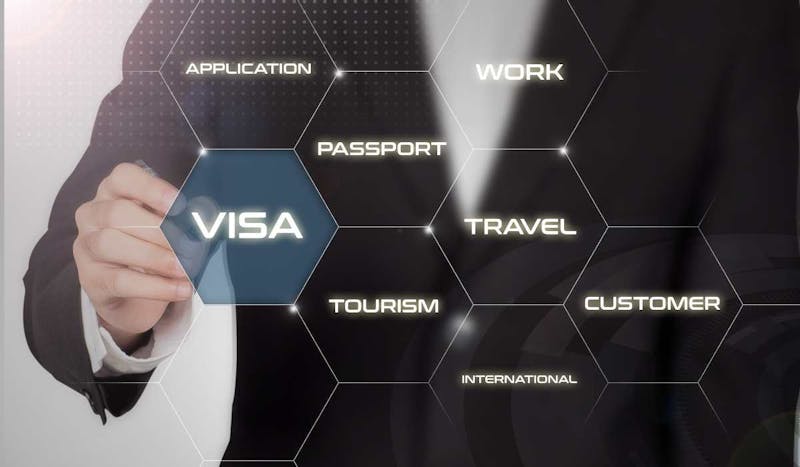
Visa and Human Resources
Common FAQs about Hong Kong Working Visa For Employees and Employers

Visa and Human Resources
Complete List of Visa-Free Stay in Hong Kong by Country
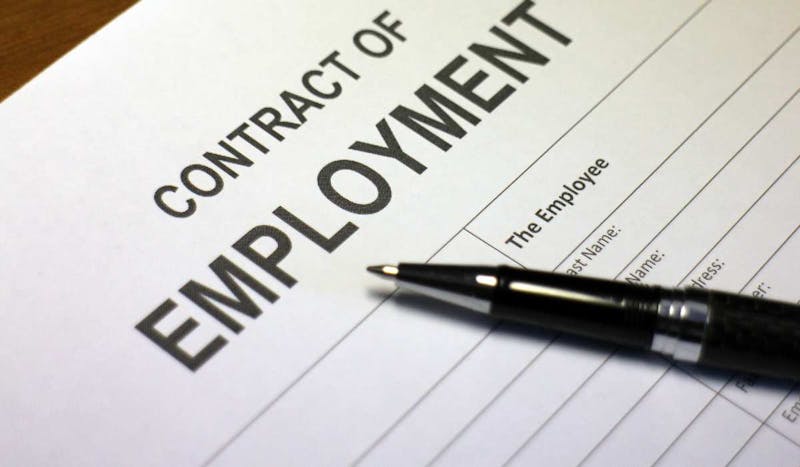
Visa and Human Resources
How to Write Employment Contracts in Hong Kong

Visa and Human Resources
How to Do Payroll in Hong Kong



